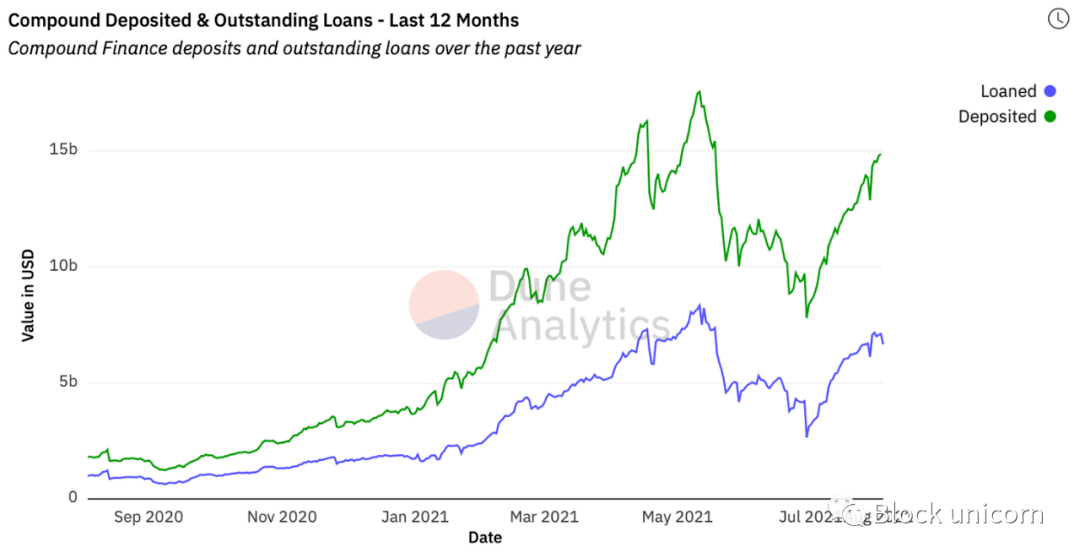Understanding VA and FHA Loans: A Comprehensive Guide for Homebuyers
Guide or Summary:VA LoansFHA LoansEligibility for VA LoansEligibility for FHA LoansDown Payment for VA LoansDown Payment for FHA LoansMortgage Insurance for……
Guide or Summary:
- VA Loans
- FHA Loans
- Eligibility for VA Loans
- Eligibility for FHA Loans
- Down Payment for VA Loans
- Down Payment for FHA Loans
- Mortgage Insurance for VA Loans
- Mortgage Insurance for FHA Loans
- Benefits of VA Loans
- Benefits of FHA Loans
#### Introduction to VA and FHA Loans
VA Loans
VA loans, or Veterans Affairs loans, are a type of mortgage specifically designed to help veterans, active-duty service members, and certain members of the National Guard and Reserves achieve homeownership. These loans are backed by the U.S. Department of Veterans Affairs, which means that lenders are more willing to offer favorable terms, such as no down payment and no private mortgage insurance (PMI) requirements. This makes VA loans an attractive option for those who have served in the military.
FHA Loans
FHA loans, or Federal Housing Administration loans, are government-backed mortgages aimed at helping lower-income individuals and first-time homebuyers qualify for a home loan. Unlike VA loans, FHA loans are available to a broader audience, including those with lower credit scores. FHA loans typically require a lower down payment—often as low as 3.5%—making them an accessible option for many homebuyers.
#### Key Differences Between VA and FHA Loans
While both VA and FHA loans serve to make homeownership more accessible, there are several key differences between the two:
1. **Eligibility Requirements**:
Eligibility for VA Loans
VA loans are exclusively available to veterans, active-duty service members, and certain members of the National Guard and Reserves. Applicants must obtain a Certificate of Eligibility (COE) to demonstrate their service history.

Eligibility for FHA Loans
FHA loans, on the other hand, are open to anyone who meets the credit and income requirements set by the FHA. This makes them a viable option for a wider range of homebuyers.
2. **Down Payment**:
Down Payment for VA Loans
One of the most significant advantages of VA loans is that they often require no down payment, which can save borrowers a substantial amount of money upfront.
Down Payment for FHA Loans
FHA loans typically require a down payment of 3.5% for borrowers with a credit score of 580 or higher, while those with lower scores may need to put down 10%.
3. **Mortgage Insurance**:
Mortgage Insurance for VA Loans
Borrowers with VA loans do not have to pay for private mortgage insurance (PMI), which can be a significant cost savings over the life of the loan.

Mortgage Insurance for FHA Loans
FHA loans require both an upfront mortgage insurance premium (UFMIP) and monthly mortgage insurance premiums (MIP), which can add to the overall cost of the loan.
#### Benefits of VA and FHA Loans
Both VA and FHA loans offer unique benefits that can make them appealing to different types of homebuyers.
Benefits of VA Loans
- **No Down Payment**: This is a game-changer for many veterans who may not have substantial savings.
- **No PMI**: This can lead to lower monthly payments.
- **Competitive Interest Rates**: VA loans often come with lower interest rates compared to conventional loans.

Benefits of FHA Loans
- **Lower Credit Score Requirements**: FHA loans are accessible to those with credit scores as low as 500.
- **Lower Down Payment**: The minimum down payment is manageable for many first-time buyers.
- **Assumable Loans**: FHA loans can be assumed by future buyers, which can be a selling point when it comes time to sell.
#### Conclusion
In conclusion, both VA and FHA loans provide valuable options for homebuyers looking to enter the housing market. Understanding the differences and benefits of these loans is crucial for making an informed decision. Whether you are a veteran seeking to utilize your benefits or a first-time homebuyer looking for an affordable mortgage option, both VA and FHA loans can help you achieve your dream of homeownership. Always consult with a mortgage professional to determine which loan type is best suited for your financial situation and homeownership goals.